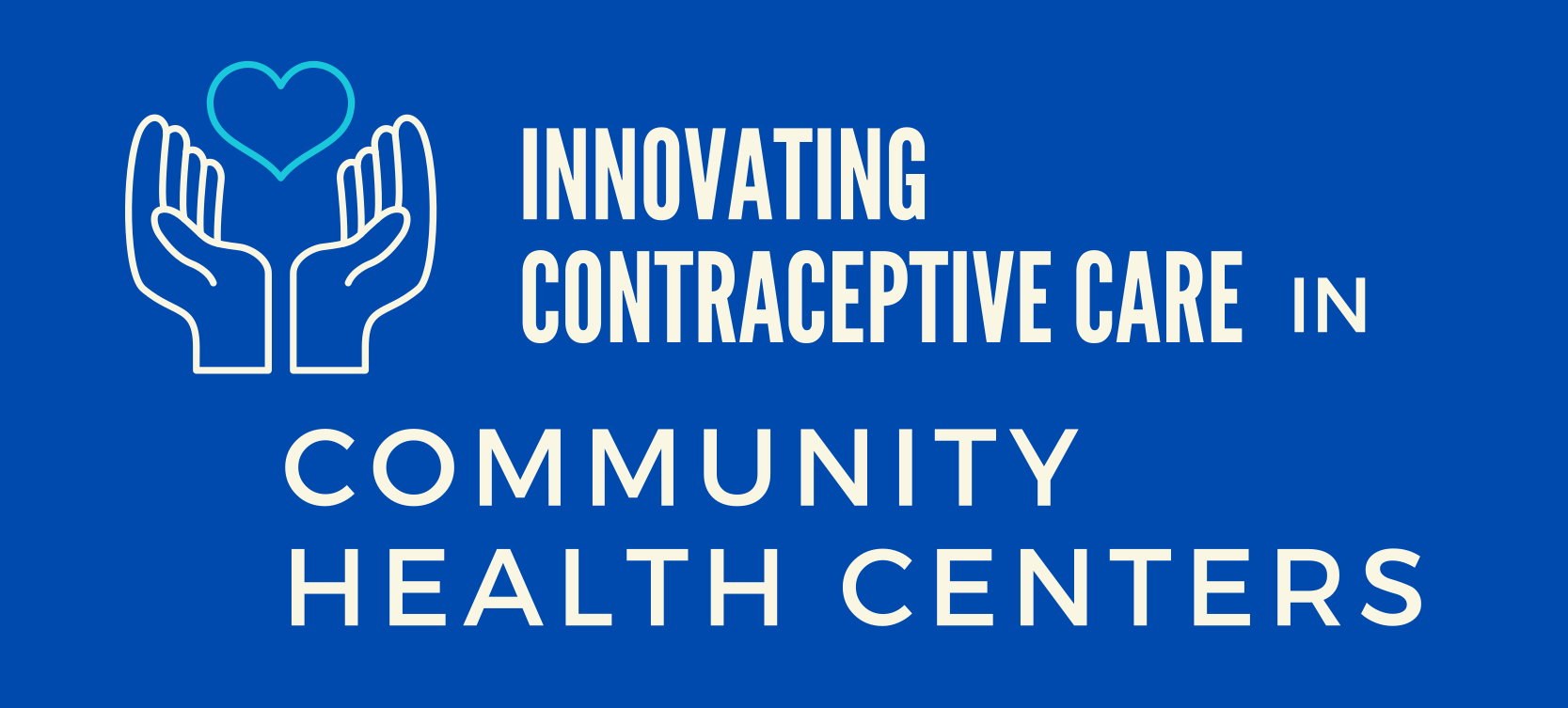Patient-reported outcome performance measures like the PCCC measure are receiving increased attention in health care, as they allow for direct measurement of patient experience, an integral component of quality. While the independent use of eCQMs (clinical outcome measure) and the PCCC measure (a measure of patient experience) provide opportunities to innovate in clinical quality improvement (QI), evaluating patient experience along with other aspects of care is essential to providing a complete picture of health care quality. Accordingly, these measures’ combined use provides openings to advance comprehensive, multifaceted QI and movement towards patient-centered care.
This innovative approach to QI is particularly important for contraceptive counseling and care due to the unique and sensitive nature of decisions related to sex and pregnancy, as well as the historical context and present-day reality of coercion in contraceptive decision making. Furthermore, the positive relationship between patient experience and improved clinical processes and outcomes, including contraceptive continuation and use of preventive care, heightens the value of collecting and using these data.

